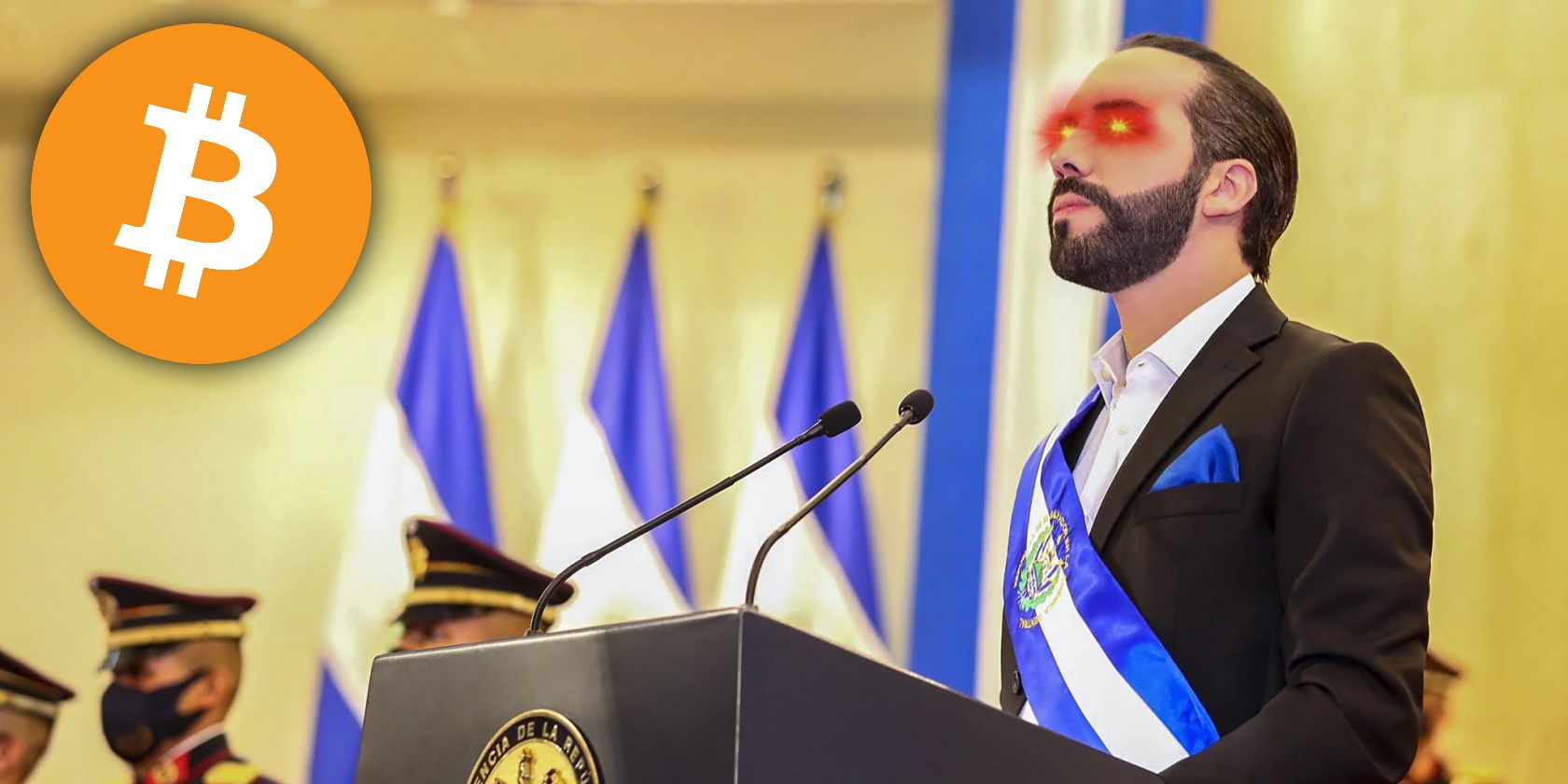El Salvador is set to become the world's first country to officially declare Bitcoin legal tender. Salvadorian President Nayib Bukele made the ground-breaking announcement at the Miami Bitcoin Conference 2021. If ratified by the El Salvadore Congress, citizens will have the choice of purchasing goods and services using Bitcoin, or the US dollar, which is the current official currency.
El Salvador Set to Make Bitcoin Legal Tender
Speaking at the Miami Bitcoin Conference, President Bukele confirmed his proposal, reasoning that "In the short term, this will generate jobs and help provide financial inclusion to thousands outside the formal economy."
The Salvadorian economy still relies heavily on remittances, payments sent from Salvadorians living or working abroad. Currently, remittances make up around 20 percent of the Salvadorian economy (roughly $6 billion), yet intermediaries receive a huge chunk of those funds in fees. The introduction of Bitcoin could drastically reduce the money lost to money sending services, putting more into the pockets of Salvadorians.
Furthermore, "70% of El Salvador's population doesn't have a bank account," another issue that Bitcoin could help resolve.
Big News for Bitcoin Uptake
President Bukele's announcement sent ripples through the world of cryptocurrency—along with fiat currency, too. Although the Salvadorian economy isn't one of the world's largest, the announcement of a nation accepting the world's largest cryptocurrency as legal tender is a seismic move forward.
As part of his announcement, President Bukele posted an updated profile picture to his Twitter account, replacing his eyes with lasers. Prominent Bitcoin advocates switched their profile pictures to include laser eyes as part of a campaign to push the Bitcoin price to $100,000 per coin, known as the #LaserRayUntil100k campaign.
Although the campaign hasn't had any success and is certainly more a source of amusement in the community, seeing El Salvadorian President join the Bitcoin crusade is another boon for cryptocurrency proponents.
Using Bitcoin as Currency Not Without Risk
The major issue facing any country wishing to use Bitcoin as a form of legal tender is price fluctuation. While the value of Bitcoin rises and falls, vendors, citizens, and even government officials have no control over the value of their Bitcoin holdings.
You can set prices in US dollars and pay the equivalent amount in Bitcoin—this is fine. But the person receiving the payment must then decide to exchange their Bitcoin into US dollar, or continuing to hodl their Bitcoin. If prices rise, great. If prices fall, Salvadorians could find themselves losing money.
While cryptocurrencies are still pegged to fiat currency, there will always be a trade-off between the exchange rate and convenience.
In any case, education is key. If the Salvadorian Congress approves President Bukele's proposal, teaching Salvadorian citizens about Bitcoin, cryptocurrency, and blockchain becomes a vital step in ensuring that this grand proposal is a roaring success for the country and not a flash-in-the-pan "moral imperative" gimmick.
Whatever happens, the world will be looking on eagerly to see how El Salvador's Bitcoin experiment proceeds.

